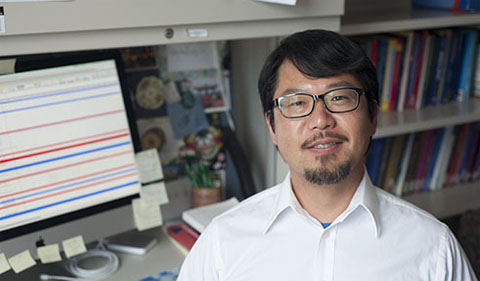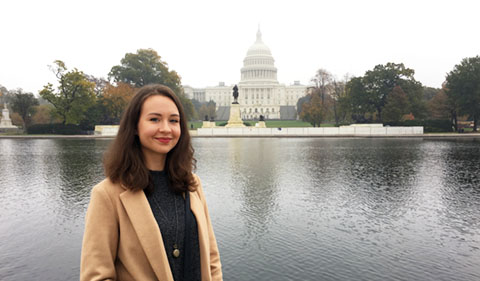Dr. Joseph Lee, Assistant Director of the English Language Improvement Program’s Academic & Global Communication Program, and Ohio University alums Tetyana Bychkovska ’17M and James Maxwell ’17 M co-authored an article, “Breaking the Rules? A Corpus-based Comparison of Informal Features in L1 and L2 Undergraduate Student Writing,” in the latest volume of System: An International Journal of Educational Technology and Applied Linguistics.
Bychkovska is a former ELIP TA, and both Bychkovska and Maxwell earned their M.A. in Linguistics from the College of Arts & Sciences.
Abstract: This study reports findings of a comparative corpus-based analysis of informality in L1 and L2 undergraduate student argumentative essays. Data consist of two corpora of student essays: 101 high-rated essays written by L1-English students and 254 high-rated essays written by ESL students in US universities. Based on a taxonomy of the 10 most common informal features cited in style manuals, we compared informal language use in L1-English and ESL undergraduate student essays. Results reveal that overall frequency of informal features is significantly greater in L2 student texts. Findings also indicate that both groups rely on similar informal elements, yet they differ in distinct ways. While ESL student writers tend to employ significantly more anaphoric pronoun it and second-person pronouns, they use most other types less frequently than L1 writers, and generally appear to observe prescriptive rules more strictly. In contrast, L1-English writers tend to adopt a more liberal attitude toward these rules, employing a broader range of informal types, particularly those that have become relatively legitimized in academic writing. The paper concludes with implications for ESL composition pedagogy.






















Comments